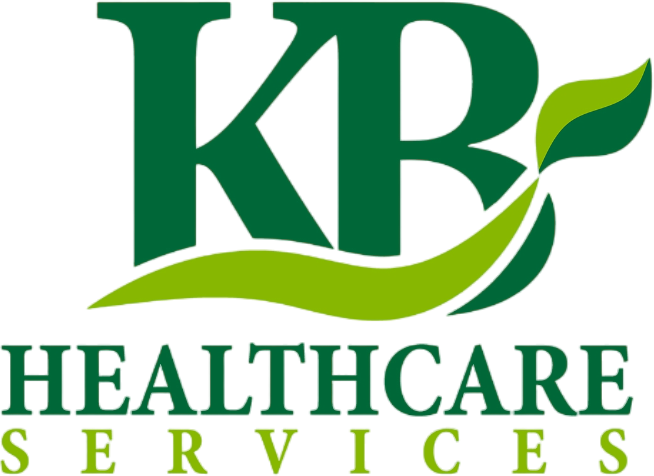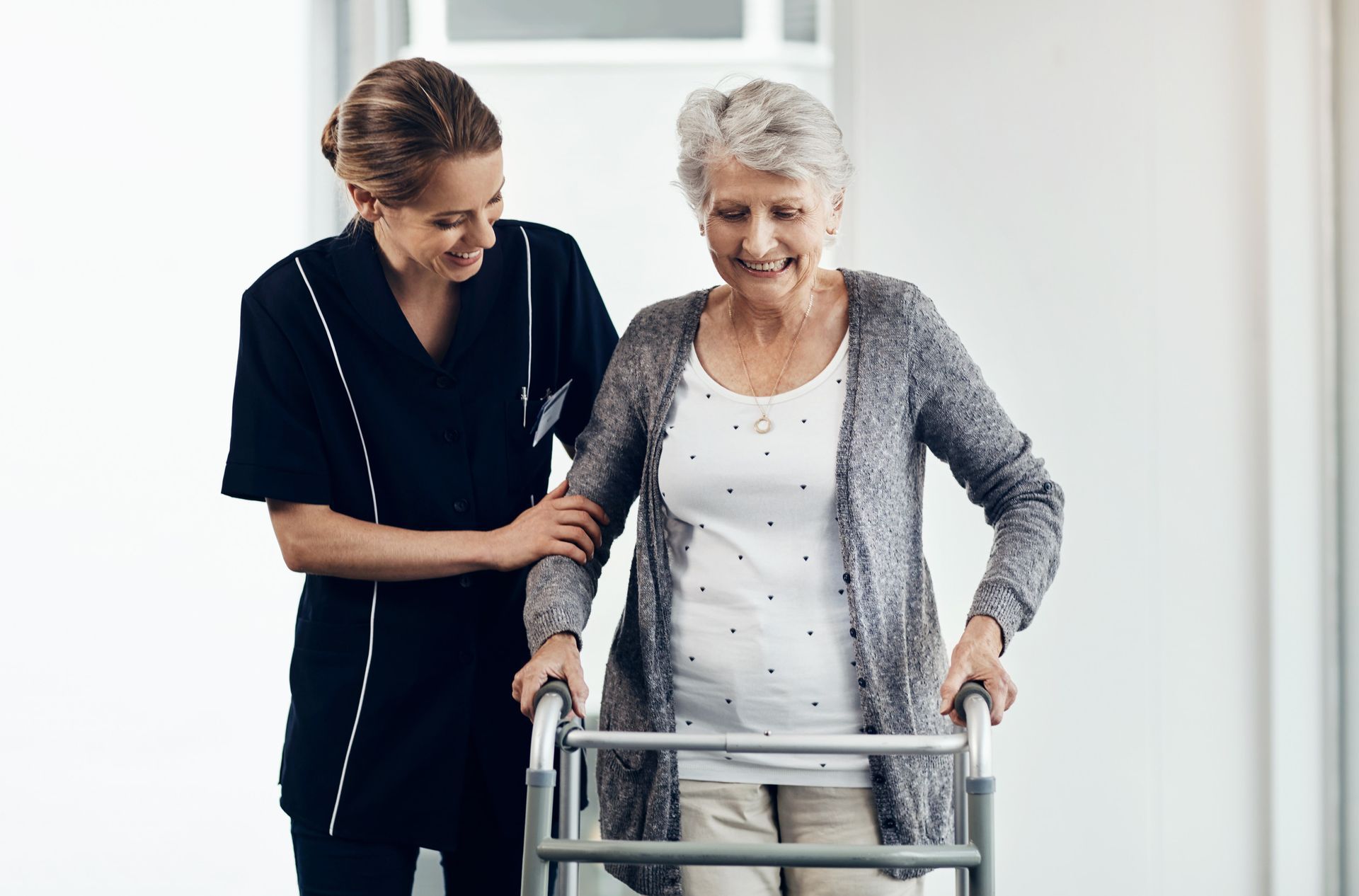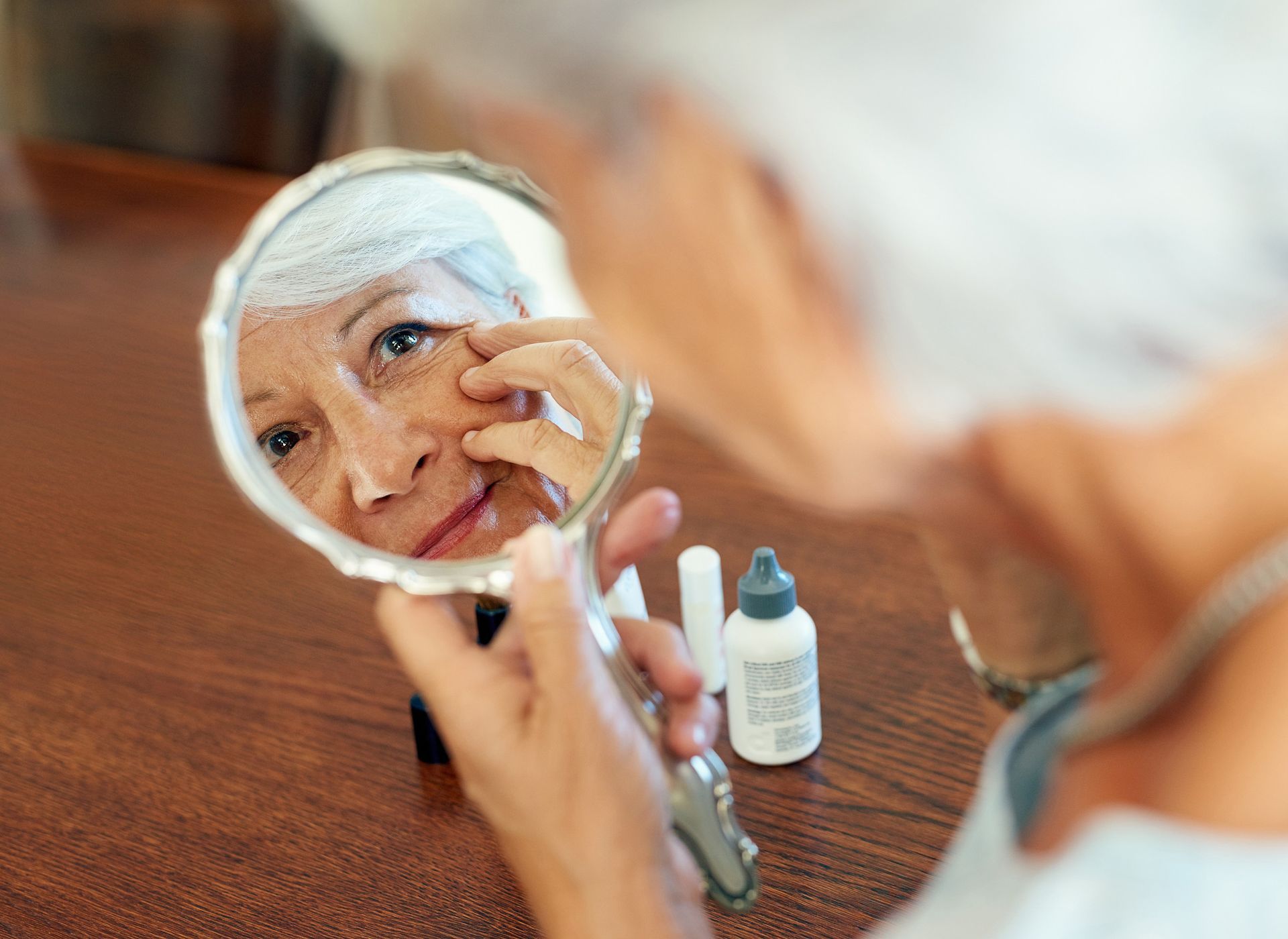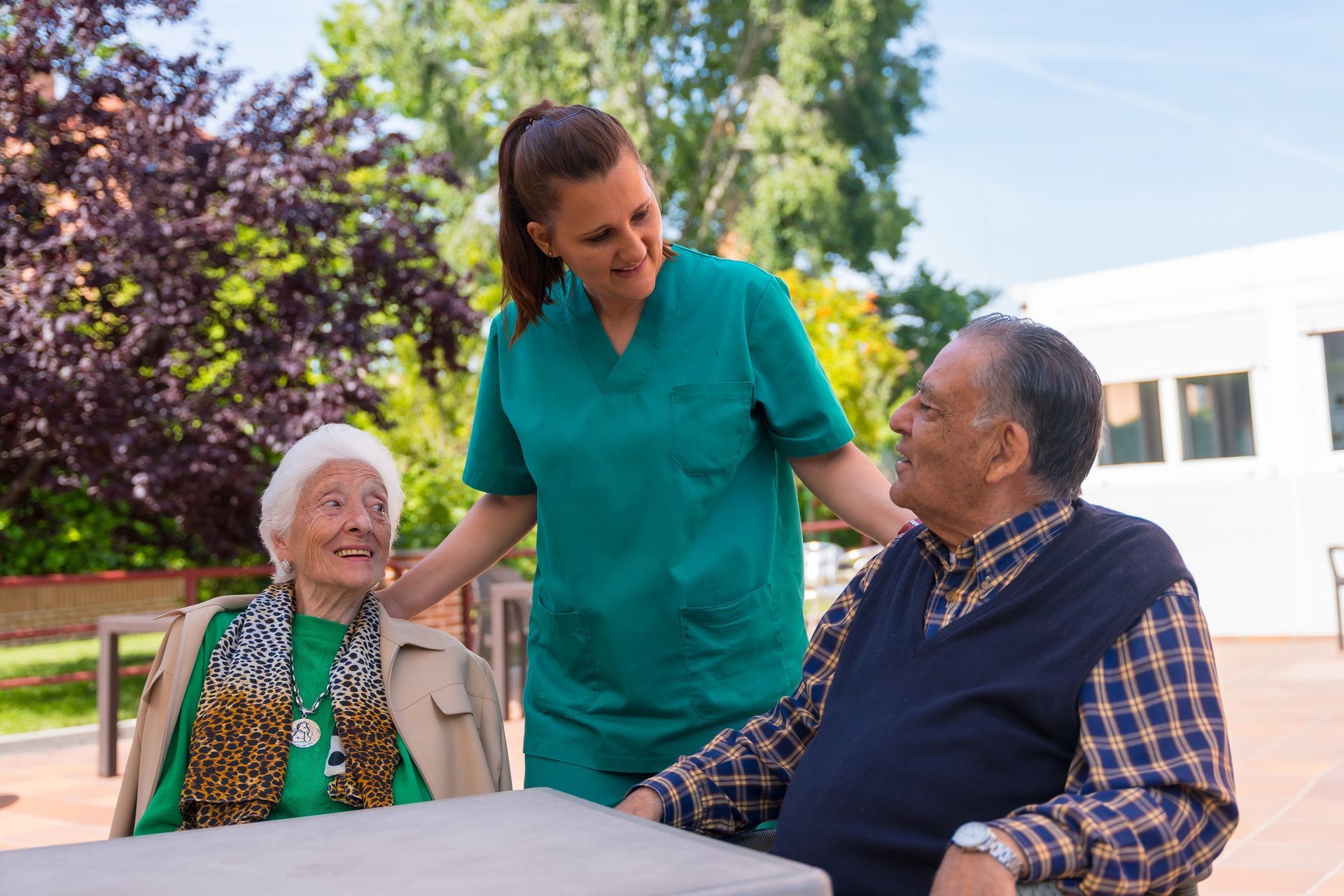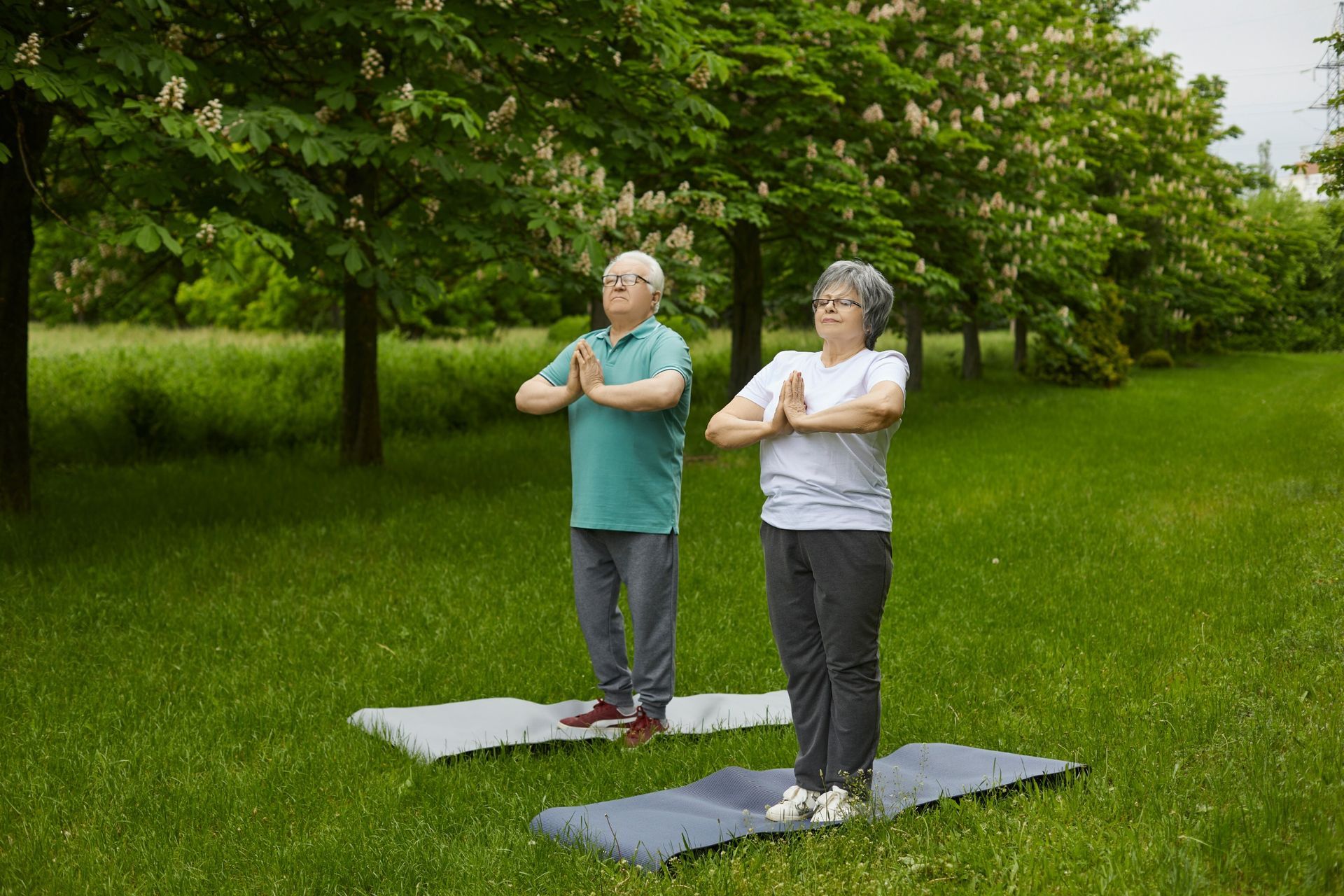Personal Care at Home-Feeding Assistance Tips for Elderly
Caring for the elderly at home often involves providing feeding assistance, a crucial but rewarding task. As loved ones age, they might struggle with eating due to various physical or cognitive challenges.
For caregivers, understanding the specific needs of these individuals is key to ensuring they receive the necessary nutrition. Proper feeding assistance not only helps maintain physical health but also enhances the dignity and quality of life for the elderly.
For those seeking support, searching for "caregivers services near me" can connect families with professional help to ease this process. This blog post will provide helpful tips for feeding assistance at home for the elderly.
Understanding the Need for Feeding Assistance
Feeding assistance for the elderly is essential for several reasons. As individuals age, they may face limitations that affect their independence, such as reduced mobility, dexterity issues, and cognitive impairments.
These challenges create a situation where professional intervention may be required.
Key Considerations
Understanding the importance of feeding assistance can lead to more compassionate and effective care:
- Nutrition Management: Ensuring proper nutrition is critical for health maintenance. Caregivers must tailor diets to individual health conditions like diabetes, heart diseases, or undernutrition.
- Personalized Care Plans: Each elder's needs differ; thus, creating personalized feeding plans is necessary. This tailored approach can significantly enhance the quality of life.
- Compassionate Support: Providing feeding assistance with empathy can help maintain dignity and instill trust in caregivers, creating a supportive atmosphere that enhances mental well-being.
Practical Tips for Effective Feeding Assistance
Providing feeding assistance at home can be streamlined with careful planning and understanding. Here are some techniques to ensure an efficient and safe feeding process.
Understand Individual Preferences
Understanding food preferences is crucial in encouraging regular and adequate nourishment.
- Open Communication: Engage in conversations about favorite foods and dislikes with the elderly. This personal touch not only boosts appetite but also shows respect for their choices.
- Variety and Balance: Introduce a diverse menu that combines nutrition with favorites, ensuring balanced meals that cover all essential food groups.
Promote Comfort and Safety
Focus on creating a safe and comfortable environment for meal times.
- Seating Arrangement: Ensure the elderly are comfortably seated, using cushions or support as needed. Proper posture aids digestion and reduces the risk of choking.
- Utensils and Tools: Utilize adaptive utensils designed for easy grip and control, such as angled spoons, to accommodate those with dexterity issues.
Stay Connected with Professional Resources
Leverage online resources and local services for additional support and expertise.
- Online Search: Regularly search for "home health agencies in Fredericksburg VA" to stay updated on available local expertise and assistance.
- Professional Consultations: Schedule periodic check-ins with a nutritionist or dietitian to review meal plans and ensure they align with current nutritional standards.
The Vital Role of Proper Nutrition in Elderly Care
Proper nutrition plays a critical role in elderly care. It not only impacts physical health but also influences mental well-being and overall life quality. To ensure optimal benefit, a balanced approach to diet is essential.
Key Nutritional Components
- Macronutrients: Prioritize proteins, carbohydrates, and fats to maintain energy levels and muscle mass. Tailor a balanced diet for seniors to cover these essentials.
- Micronutrients: Focus on vitamins and minerals such as calcium, vitamin D, and B vitamins. These are vital for bone health and cognitive function in the context of nutritional needs for the elderly.
- Hydration: Encourage regular water intake. Dehydration is a common yet often overlooked issue in elder care nutrition.
Creating a Nutrition Plan
Crafting a personalized meal plan can enhance dietary adherence and satisfaction. Here’s an approach:
- Meal Preparation: Collaborate with caregivers or nutritionists to design meals. Utilize healthy aging diet principles, keeping the seniors' tastes and preferences in mind.
- Routine Establishment: Establish a consistent schedule that aligns with the elderly’s lifestyle, ensuring regular meal times.
Monitoring and Adjusting
- Regular Assessments: Conduct periodic evaluations of the elderly's nutritional status with health professionals. This ensures that the seniors meal planning is effective and adjusts to any emerging health needs.
- Feedback Loop: Encourage feedback from the elderly about the meals they receive to refine and improve the meal plans consistently.
Creating a Comfortable and Inviting Environment
Creating a dining atmosphere that is both comfortable and inviting can significantly enhance the meal experience for the elderly. Here are a few strategies to help achieve this.
Setting the Scene
- Ambient Lighting: Ensure the dining room is well-lit but not harsh. Soft lighting can create a calming environment that makes meal times more enjoyable.
- Table Setting: Use colorful placemats or tablecloths to bring a lively touch to the table. These visual elements can stimulate interest and appetite.
- Peaceful Ambience: Minimize distractions during meal times. Turn off the TV and put on soothing background music to create a peaceful setting.
Engaging the Senses
Leveraging sensory engagement can make dining a more pleasurable experience.
- Aromas: Use appealing scents like baking bread or simmering herbs to stimulate appetite.
- Textures: Incorporate different food textures to make meals more enjoyable and cater to individual preferences.
Encouraging Social Dining
Promote a sense of community by encouraging shared meal times among family members or peers.
Benefits of Social Interaction
- Emotional Uplift: Eating together can provide emotional support and alleviate feelings of loneliness.
- Motivational Boost: Shared dining experiences can encourage better eating habits through mutual encouragement.
The Role of Caregivers and Family in Elderly Nutrition
New Paragraph
Ready to enhance your loved one's care at home?
Providing thoughtful feeding assistance and personal care at home enriches the lives of the elderly. By understanding their unique needs, employing practical tips, and leveraging helpful tools, caregivers can significantly improve their loved ones' quality of life.
Remember, the key is to approach care with patience, empathy, and a commitment to maintaining dignity and independence. Implementing these strategies not only fosters health but also strengthens the bonds between caregivers and those they care for.
Together, we can ensure that the golden years are truly golden.
